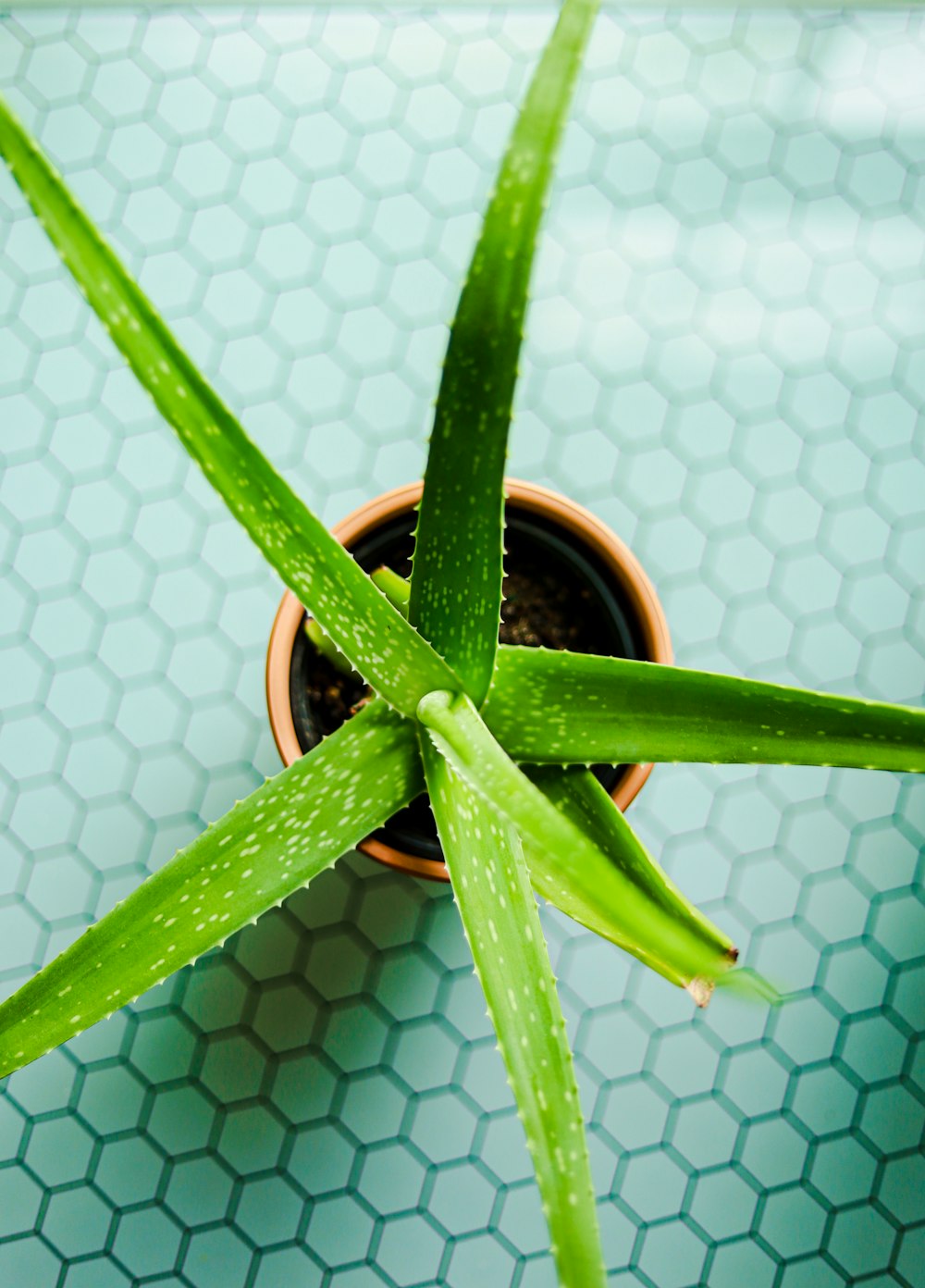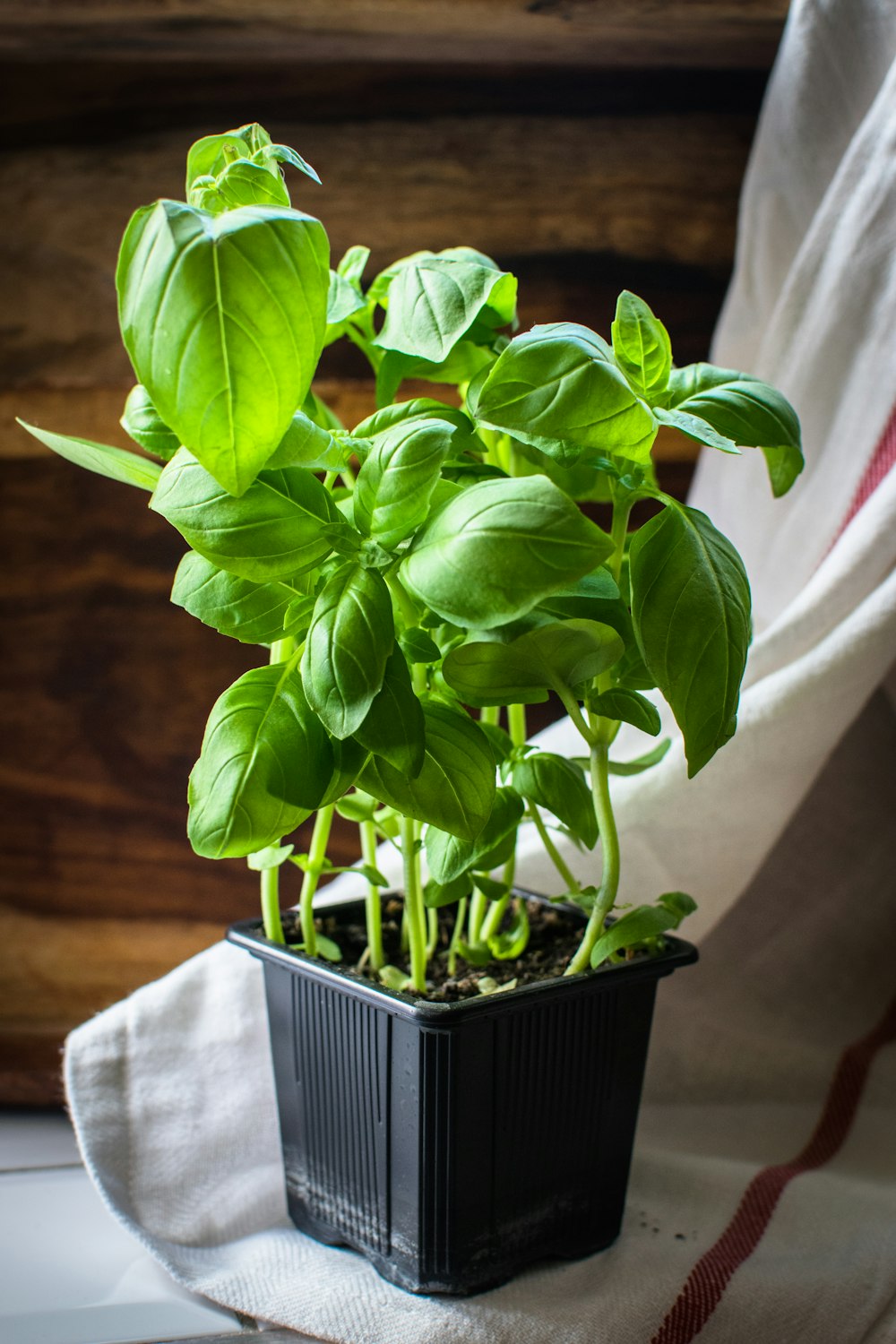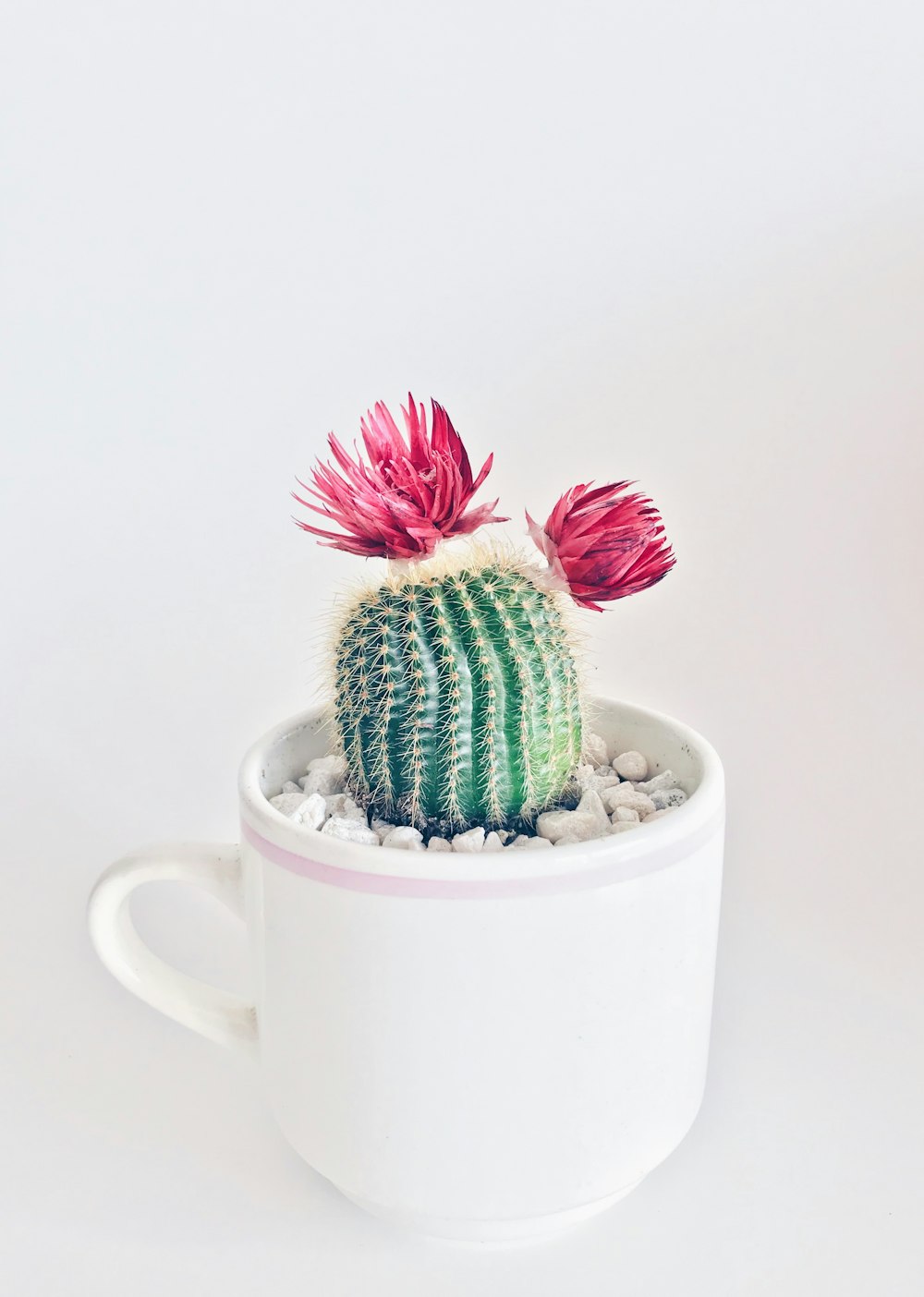
Have you been having trouble sleeping lately? Do you ever wake up in the middle of the night and can't fall back asleep?
You are not alone! Many people have reported that they are having difficulty getting enough sleep, and it is a problem that continues to grow. One of the reasons for this dilemma might be because we don't get enough natural light in our lives. Maybe it's because your room is too bright, or maybe there are just too many thoughts running through your head.
We all want to sleep better, but the time for that is often limited. Plants are a great way to help you relax and drift off into a peaceful slumber. The best part? They're easy to grow!
Why try getting some indoor houseplants for better sleep?
If you are a light sleeper, consider getting indoor plants. Caring for indoor plants is a great way to improve indoor air quality in your home or apartment. They help de-stress, which in turn helps promote better sleep and overall health - so they're more than worth it!
More facts about indoor houseplants for better sleep:
Indoor plants are a great way to get more oxygen into your home.

Plants remove carbon dioxide from the air and replace it with oxygen. This can help you breathe easier at night.
Indoor plants can improve air quality.
The American Society of Heating, Refrigeration, and Air-Conditioning Engineers (ASHRAE) recommends that indoor rooms have an indoor air quality of 35-50 parts per million (ppm).

Studies show that indoor spaces with many indoor plants can achieve this standard much faster than without any plants. For more information, visit ASHRAE's website.
Indoor plants have been shown to reduce anxiety and depression.
The International Society for Horticultural Science published an article stating, "green plants have been shown to reduce anxiety and depression." Research also says that increasing the number of plants in your home can reduce feelings of fatigue, anger, and confusion.
Houseplants can promote relaxation and act as noise-reducing barriers.
As well as improving our health by increasing oxygen levels and reducing harmful chemicals in the environment, plants are scientifically proven to have other positive effects. These beneficial effects include lowering blood pressure, promoting relaxation and even acting as natural noise-reducing barriers.
Indoor plants can help remove volatile organic compounds (VOCs) from the air.
Research done by NASA has found that plants in rooms could remove volatile organic compounds (VOCs) from the air. This means fewer unwanted chemicals circulating in the atmosphere, compounds that could be causing you not to feel well-rested.

Studies have shown that indoor plants such as the peace lily (Spathiphyllum) and the snake plant (Sansevieria) absorb indoor air pollutants, including formaldehyde, carbon monoxide, ozone and xylene. They also remove fine dust particles from indoor air and produce oxygen during the night hours when we need it most.
House plants can help reduce stress.
Research shows that even simply looking at pictures of plants with green leaves can be enough to reduce stress.
What are some of the best indoor plants for better sleep?
The list includes but isn't limited to: aloe vera, basil, Boston fern, cacti, chamomile, jasmine, lavender, marigolds, mother-in-law's tongue, peace lily, pineapple plant, rosemary, snake plant, spider plant.
Here are some of our favourite plants for sleep:
Aloe Vera (Aloe barbadensis miller)
Aloe vera help promotes better sleep by removing indoor air pollutants such as formaldehyde, carbon monoxide and xylene from the indoor environment. It can also absorb fine indoor dust particles.
In one study, the researchers found that aloe leaves absorb indoor air pollutants like ozone, carbon monoxide, and xylene. The benefits of aloe vera indoor plants were attributed to their hidden "green" features. When it wasn't receiving sunlight (which is its source of energy), it can still photosynthesize at night without water or carbon dioxide, using just indoor air for nourishment!
The aloe vera plant is one of the easiest indoor plants to grow because it doesn't require much attention. Wilt happens in dry weather (September - February) but can be treated by watering them regularly. However, do not overwater this indoor plant or place it in direct sunlight because they will also die.
Basil (Ocimum basilicum)
Basil is an herb that increases alertness, is a natural stimulant and can even promote weight loss. It makes a great indoor plant because it purifies indoor air by removing pollutants like benzene, formaldehyde, and trichloroethylene from the indoor environment, thereby improving indoor air quality.
According to research, it can also help remove carbon monoxide from indoor air.
Boston Fern (Nephrolepis exaltata)
As indoor plants go, the Boston fern is one of the easiest indoor plants to grow, and it promotes relaxation by enhancing indoor air quality. This plant can easily be grown in a hanging pot; it will even thrive in a regular bowl if you ensure that you place its soil mix in one that has holes to allow indoor air circulation to occur. They also remove indoor air pollutants such as formaldehyde and xylene from homes/offices.
Because these indoor plants naturally add humidity to indoor spaces. They can also help improve air quality in enclosed indoor spaces and reduce indoor air temperature, especially in a hot environment.
Naturally, it can be placed anywhere in your home or office...even in the bedroom! This will help to improve sleep quality at night.
Cactus (family Cactaceae)
Cacti have become popular in recent years because they require minimal care and can survive with little water or light. This makes them perfect for people who don't have much time to spend caring for their home plant life.
They also produce oxygen at night which helps us sleep more soundly during the night hours. Most cacti only need about one inch of soil, so they're very low maintenance as well!
Chamomile (Matricaria chamomilla)
Chamomile flowers are another way to promote relaxation with their soothing scent. It is a great indoor plant because it produces oxygen at night and cleans indoor air as well.

The chemicals inside the leaves make them naturally relaxing, which can help reduce stress during the day and fall asleep more easily at night.
Golden Pothos (Epipremnum aureum)
The golden pothos originates from South America but has become very popular in indoor plant life. This indoor fern is very easy to grow, and if you water it occasionally during the summer months, it will thrive for years to come.

The golden pothos produces fresh oxygen at night, which helps us fall asleep more easily and sleep better throughout the night as well!
Jasmine (genus Jasminum)
The indoor jasmine plant is a beautiful addition to any indoor garden.
This tropical indoor plant also helps purify the air during the day and releases oxygen at night, making it easier to fall asleep.
Lavender (Lavandula angustifolia)
Lavender is a common houseplant that is very decorative. It helps purify indoor air, and the pleasant, soothing aroma can help promote better sleep.
You can start indoor plants such as lavender in your home or garden to help you have a better night's sleep!
Lemon balm (Melissa officinalis)
Lemon balm is another indoor plant that reduces stress through aromatherapy. It's known for its lemon scent but also helps to purify indoor air just like chamomile does! The Virginia Department of Health suggests placing several plants around your room to improve indoor air quality, reducing dust in the air (which causes allergies) and other airborne particles from mould or mildew.

If you believe that you have poor sleep quality due to stress, why not try growing lemon balm indoors?
Lucky Bamboo (Dracaena sanderiana)
Lucky bamboo indoor plant is a simple indoor plant that is easy to grow in water.
This indoor plant helps purify the indoor air without a lot of maintenance required from you!
Marigolds (Tagetes erecta Linn.)
Marigolds can help purify indoor air, and they are also believed to promote better sleep.

According to the National Sleep Foundation, marigolds indoor plant is suggested for people who often have difficulty sleeping or have insomnia.
Peace Lily (Spathiphyllum)
The peace lily indoor plant is very common and easy to take care of. It requires not much sunlight and special attention, making it an excellent houseplant for beginners who have never had indoor plants before.
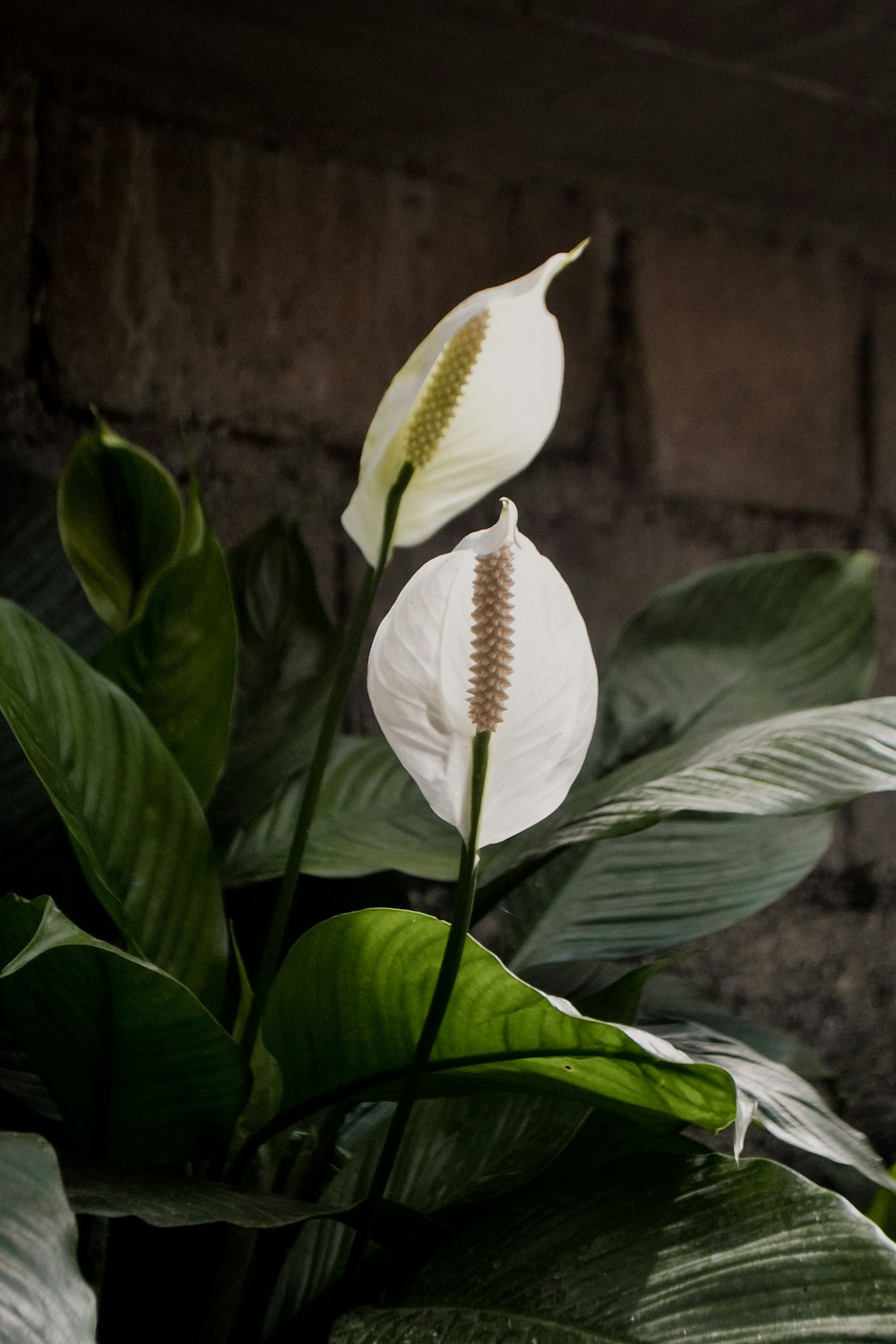
Peace lilies eliminate unwanted toxins from your indoor air, so they are perfect for rooms with pets or smokers indoors as well!
Bromeliad (Bromeliaceae)
The Guzmania, Vriesea and Tillandsia plants (also known as a Bromeliad) are famous for their sweet-smelling scent that could help you relax after a tiring day. Bromeliad indoor plants help improve indoor air quality. As such, it would be a good idea to grow an indoor bromeliad plant in your home if you feel that indoor air pollutants affect your quality of sleep.
If you are growing indoor bromeliad plants, you might want to place them near an indoor window or in a room where stale indoor air is trapped, like your home office. This indoor plant requires medium light, but it can adapt well to lower and higher levels of indoor lighting as well. The less sunlight this indoor plant receives, the smaller it becomes and the slower it grows. If placed near a frequently opened window with lots of sun exposure, a bromeliad plant can still become an outstanding indoor air improvement!

You should know that bromeliad plants often develop brown spots on their leaves when they receive too much direct sunlight. If such brown spots appear on your indoor bromeliad plant's leaves during summertime, be sure to place the indoor plant in a less sunny indoor area for a few weeks.
Because it's an air-cleaning indoor plant, do make sure that your indoor bromeliad gets plenty of indoor humidity. It can easily die when exposed to low indoor humidity levels and high light intensity for too long. But with proper indoor humidity care and good water management, your bromeliad plant will survive long!
Rosemary (Salvia rosmarinus)
Rosemary is an easy-to-grow herb that's so beneficial for the promotion of better sleep. What benefits can rosemary provide? It helps lower indoor air pollution levels, increasing oxygenation and ventilation in your home.
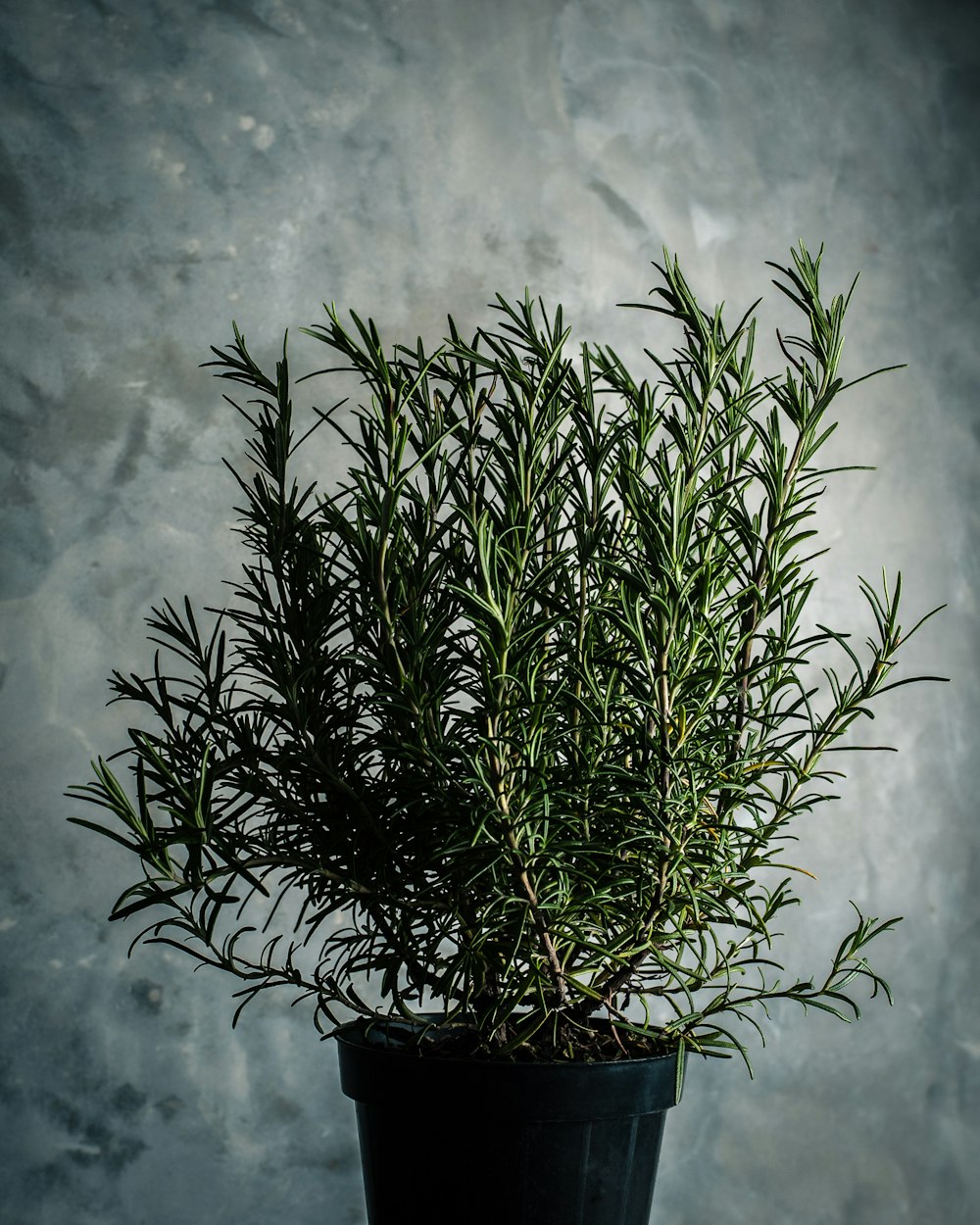
Also, it acts as a natural room freshener by holding an appealing scent that will make you feel relaxed at any time of the day. Sometimes, rosemary is used to help treat headaches by amplifying aromatherapy benefits associated with increased sweating and heart rate (which are both helpful in relieving stress).
Snake Plant (Sansevieria trifasciata)
Snake plant, also known as Mother-in-Law's Tongue, is one of the most common houseplants that can be easily found in most plant nurseries. It is easy to grow, doesn't require much care [best for those who keep forgetting to water plants regularly], and has several health benefits related to sleep. To name a few, it absorbs carbon dioxide and releases oxyge0n throughout the night while purifying the air of harmful chemicals such as formaldehyde or benzene. In addition, it's also known to be very effective in absorbing the strong-smelling ammonia smell from pet pee).

Snake plant is also ideal for those who have insomnia because it acts as an anti-anxiety agent. Plant lovers also use them as window blinds as they tend to grow tall and helps stop people staring through the window or lessen disruptive noise coming from outside your home. This will allow you to have a relaxed, peaceful evening without worrying about what's going on around you.
Spider Plant (Chlorophytum comosum)
Spider plant is one of the easiest indoor plants to grow (and one of my favourites). They help remove toxins from the air and provide a natural source of vitamin B. This low-maintenance house plant is one of the best for improving air quality in your home. It's a great way to start if you're new to growing indoor plants as they are easy to grow and will tolerate normal room light conditions.

Moreover, spider plants can be hung from the ceiling or placed on a shelf to decorate your room. They're also an excellent choice for anyone who needs plants that can grow in dimmed light as spider plant grows well with only low levels of light.
Beware if someone has allergies.
As with any plant, make sure you keep non-poisonous houseplants away from anyone allergic to pollen or dust particles. If you have someone in your family who suffers from seasonal allergies, make sure the plant isn't a source of irritation for them.

To limit the amount of allergens released during normal plant functions, try washing leaves and pruning stems regularly. Placing a fan near the plant can also help circulate clean air without increasing humidity levels too high.
Check with your physician about specific recommendations for treatment in case allergy symptoms show up or worsen after bringing an indoor plant into your home.
Start caring for indoor plants and improve your sleep!
Plants are part of our everyday lives – they brighten up homes, offices and classrooms while adding oxygen to the air we breathe. With enough oxygen circulating in our system, we can fall asleep easily and stay asleep.
Other ways to improve your sleep
It is very important that we create optimal conditions to improve our sleeping patterns. This can be accomplished in various ways. Such ways include creating a relaxing environment free from stress factors and improving your sleeping routine; getting into bed at the same time every evening, avoiding stimulating substances (caffeine) during the last hours before bedtime, exercising regularly but not during late evenings before going to bed...and adding fresh air filled with oxygen!
When it comes down to it, plants can also be our best allies when fighting sleepless nights caused by poor air quality.
Use air purifiers.
You can also get air purifiers if that is what you prefer. They can come in handy too. But why not use nature's air purifier?

Plants may cost only a few bucks from plant nurseries and have free filters (unlike air purifiers which will require air filter change from time to time), and there is a wide variety of flora available to us.
Play some relaxing sounds.
Another way is to play some relaxing sounds from your phone or nature radio stations, etc. Try listening to the ocean sounds or the rain falling on a roof. These can be relaxing and help you sleep better.

Experiment with different sound pitches and remember that these techniques might not be effective at first. Try what works for you!
Avoid smoking and drinking caffeinated beverages.
If you like smoking, maybe consider stopping. Nicotine in cigarettes is a stimulant. It can keep you awake instead of helping you sleep better, so it's best to avoid it before trying to sleep if possible.

Also, avoid drinking caffeinated drinks such as coffee and black tea because those chemically-induced mood stimulators can also work against inducing sleep. Heavy meals right before bedtime are equally harmful as the not yet digested food may result in heartburn and other indigestion problems. If you have indigestion, the discomfort will hinder your sleep.
Get a warm bath before bedtime.
Everybody loves relaxing in a warm bath, but did you know that this simple act can also help you sleep better?

The warm temperature of the water can relax your muscles, ease stress, and soothe aching joints.
Get a massage before bedtime.
When you have to be up early every day for work, it is hard for you to get the rest that you need. You may not have time for a long, relaxing bath so try adding a short massage session to your daily routine. Before going to bed, ask someone else to give you light back rub or shoulder and neck massage. Just this small bit of extra attention can do wonders for your body as well as your mind. It might seem too ordinary, but just doing this simple act will relax your muscles better than most other methods in relieving stress and pain brought about by muscle tightness and tension.

The heat from a warm bath combined with massage can also aid in lessening muscle tension in the whole body. Your mind is relaxed and soothed because the hot water stimulates nerve endings that send signals to the brain, which may make you fall asleep easier.
Try to be active during the day.
It was once thought that exercise was not good for you before heading to bed because it boosts your heart rate, increases blood flow through your body and makes it more difficult to wind can help you fall asleep faster, but this is because there were not enough studies to prove the opposite.

Besides few studies, the key to exercising is doing it a couple of hours (not one hour before bedtime. Exercise during the day and around a couple of hours before you go to bed. Do something that will tire you out, like taking a nice long walk or just some light gardening. The more active your body is, the easier it will be to fall asleep because the body is not working hard trying to complete tasks. Thus, stress levels are low.
However, be sure to perform exercises within your limits because if you overdo it and your body is straining, it may end up taking longer to fall asleep.
Make sure the room temperature isn't too cold or hot.
The optimal temperature for falling asleep is between 16 – 18 degrees Celsius, but everyone has their own comfort level. If you wake up feeling freezing at night, try putting on a blanket or going under the covers but remember to remove them in the morning; otherwise, you'll get too hot during the day! Also, make sure not to have any clothes that are too thick as this can make your body warmer than normal. The same goes for heating; if you feel like your room is too warm and turning down or off the air conditioning isn't possible either, just open up the windows!

If you're constantly waking up feeling cold, it's a good idea to keep your curtains closed during the day and open them up at night. This will block out sunlight that can make you feel hot in bed, but it also means that light won't come into your room when you wake up at night either.
Use an eye mask or earplugs as needed.
In addition, it's worth investing in an eye mask or earplugs. If you are someone who sleeps with their eyes half open or is easily awoken by street noise or the sound of a partner getting ready for work/school/etc., then wearing an eye mask could be a great investment.

The same goes for earplugs; these are perfect if you're easily startled by noises from the street or your partner's alarm clock.
Start winding down for the evening at least 1 hour before bedtime.
If you intend on winding down for bedtime at night, try doing so about 1 hour before bedtime and avoid activities that could be potentially stimulating, like watching a scary movie.

If you can't sleep after 15-20 minutes of lying down, get up! Fold some laundry, read a book, or do some light activity (non-stimulating activity).
Sleep on your back if it is not contraindicated.
Sleeping on your back allows breathing passages to be clear because gravity helps prevent tissue blockage and nasal congestion. There is greater ease in breathing when lying in this position. Sleeping in this position also relieves pressure off of nerve endings under the shoulder blades, which may cause pain in people with sensitive skin.

It's tough to accept at first, but patience will help your sleep in the long run. If you've tried all of these tips and still don't feel drowsy after laying down for 20 minutes or so with no success, talk to your doctor about taking supplements with melatonin like Z-tox.
Z-Tox: The supplement that supports deep and restful sleep
Supplements like Z-Tox can aid in nourishing your plants and also improve sleep. The four ingredients in Z-tox function together to regulate healthy melatonin levels and enhance the quality of sleep.
Melatonin is a natural regulator of the sleep-wake cycle and helps maintain normal circadian rhythms in humans. Melatonin is made from a substance called tryptophan found in many foods, including cheese, fish, chicken, soybeans and turkey. Some people also obtain melatonin through supplementation. Melatonin has been shown to improve overall sleep quality, especially for those who have sleep problems such as insomnia.
Healthy melatonin levels are necessary for a good night's sleep.

In addition, the benefits of Z-tox do not stop with healthy melatonin levels and quality sleep. It also:
- helps protect against environmental toxins that cause oxidative stress on our cells
- has powerful anti-inflammatory properties
- is used for antioxidant effects in the body
- helps support neuronal health
The key ingredients in Z-Tox help maintain healthy melatonin levels and promote restful and rejuvenating sleep, which is vital to your overall well-being. Z-tox helps reduce oxidative stress, inflammation, chronic fatigue syndrome, and even ageing!




